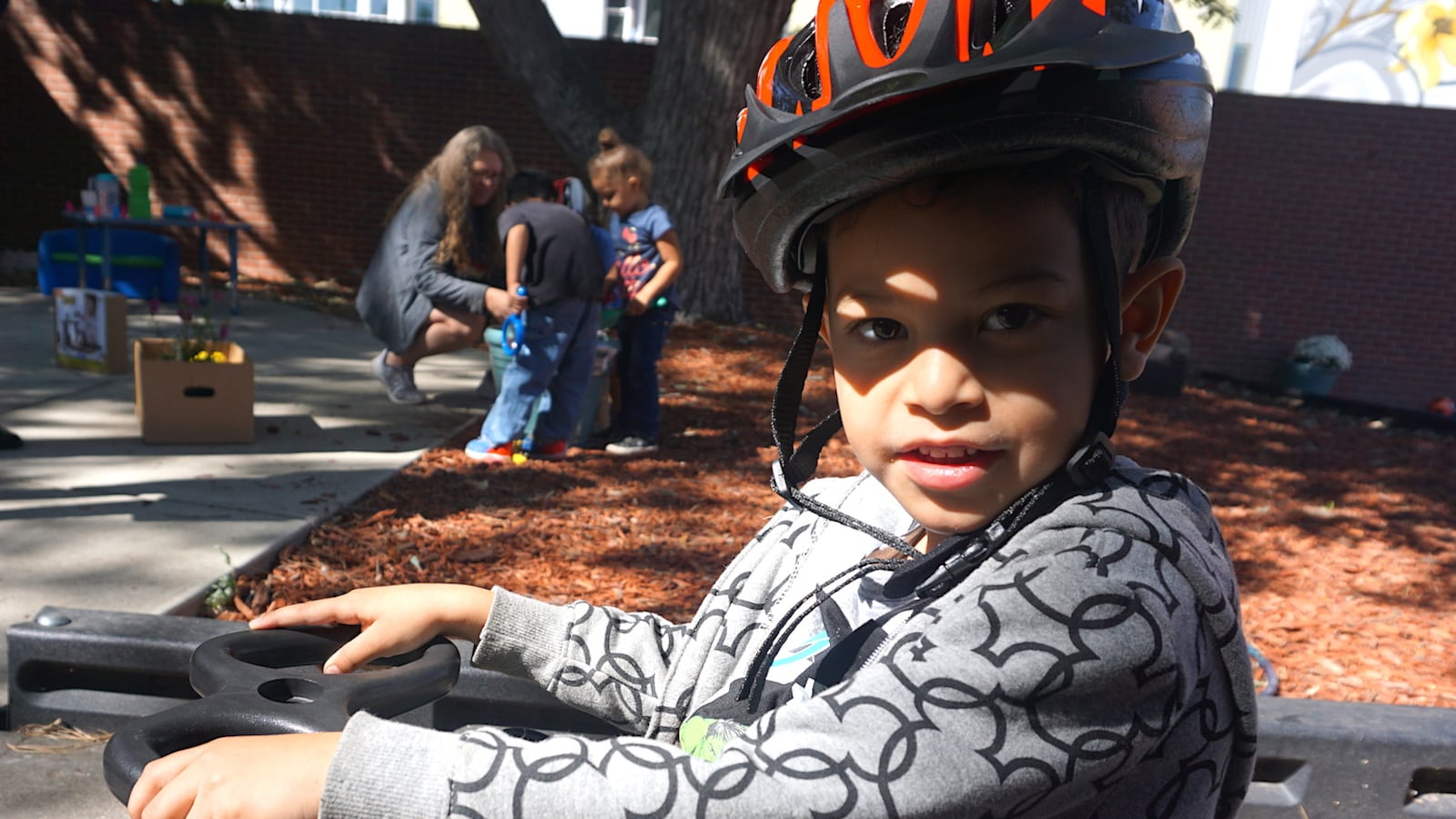Amid the wave of cancellations this week due to the novel coronavirus, there’s been a growing sense of panic among parents and child care providers worried about the turmoil of the coming month.
With many Colorado schools, preschools and some child care centers closing for at least two to three weeks, parents are scrambling to figure out who will watch their young children while they report to work. Meanwhile, child care providers are struggling to figure out if they should follow the lead of local school districts and close, or forge ahead on their own.
Several major Denver-based child care providers including, Clayton Early Learning and Sewall Child Development Center, all announced closures ranging from one to three weeks.
But not everybody has taken that tack.
Tomi Bedan has no plans to close the program she runs out of her Thornton home. In fact, when local schools close next week, she’ll add a couple school-aged children, siblings of the five babies and preschoolers she cares for now.
“Parents are beside themselves,” she said. “They’re like ‘I can’t even believe this is happening.’”
On social media, many parents, especially single mothers, reacted with dismay to the news that schools would close for an extended period, even as many also said they understood the rationale. They worried about whether they would lose their jobs and how they would pay their bills. One woman said her food stamps had not yet arrived for the month and that without school lunch, her kids would go hungry. Another asked what the law says about leaving your children home alone.
But parents also banded together, exchanging babysitting offers and ideas for keeping kids occupied and learning at home.
Bedan, whose clients include parents who work for a window installation company, a group home for teens with disabilities, and a beverage warehouse, knows how limited the options are for working parents.
“There’s only so many home day cares,” she said. “There’s only so many grandmas.”
She said she’s not worried about the coronavirus and hasn’t changed her routines much except to curtail field trips into the community.
“We’re realistic,” she said. “Stay clean, wash hands.”
But Lucy Davis, a consultant who works with 12 child care centers in Denver, said many program leaders are agonizing about how to proceed. Should they stay open to support working families or close to prevent the spread of disease? How quickly will key sources of government funding disappear if they’re forced to close?
They’re not getting any guidance from state or national officials, she said.
It’s like flying blind, Davis said. “We’re talking about an industry that functions on the margin and any interruption like this is hellacious.”
Many private community-based providers fear financial catastrophe for themselves and their employees if they close their doors. Unlike public K-12 teachers, who will likely be paid for any weeks missed due to coronavirus closures, child care workers rely on a different set of funding streams, such as government subsidies or parent tuition, that may dry up if children don’t attend for more than a few days.
A spokesman for the Colorado Department of Education, which administers the state-funded preschool program, said for coronavirus-related closures the department will “provide flexibility on a case-by-case basis” to providers who don’t meet the usual attendance requirements.
Chalkbeat also asked the Colorado Department of Human Services, which administers the state’s multimillion dollar child care subsidy program, whether subsidy payments would still be made to providers in the event of closures related to coronavirus. Department officials didn’t respond immediately with an answer.
Officials from the Denver Preschool Program, which provides preschool tuition assistance for 4-year-olds in the city, announced plans to waive the usual attendance requirements through May 31. That means providers will get reimbursed the full amount for each child regardless of whether they close because of coronavirus.
Davis said she recommended center directors be candid with their employees, some of whom earn just over minimum wage, about the unknowns.
“You need to tell your staff honestly, ‘We don’t know what we can support you on, as far as salary,’” she told them.
This story was updated March 15 to reflect new information provided by the Colorado Department of Education about state preschool funding in the event of coronavirus closures.
Erica Meltzer contributed to this report.


